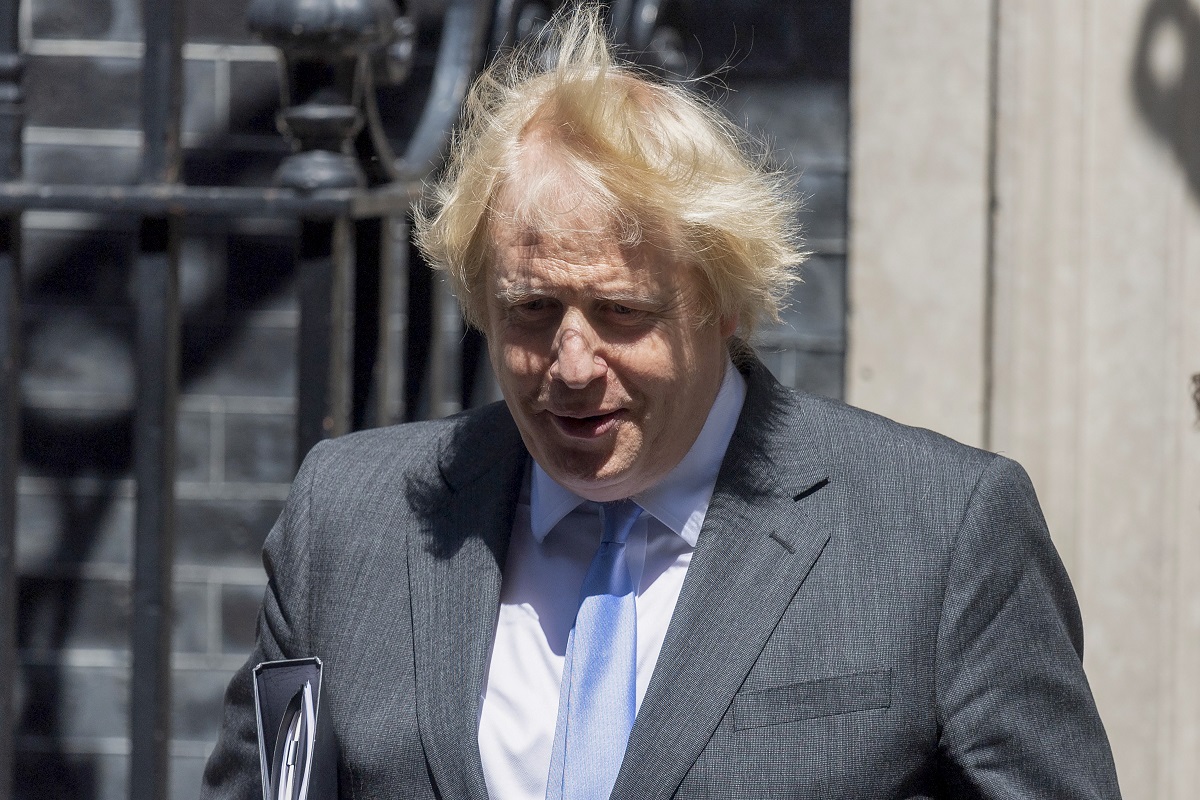Jaishankar to leave for UK, Ireland on Tuesday
External Affairs Minister S Jaishankar will leave here on Tuesday on an official visit to the United Kingdom and Ireland from 04 -09 March.
Johnson’s remarks come as councils in England have been given “lightning” lockdown powers.

UK Prime Minister Boris Johnson (Photo: IANS)
UK Prime Minister Boris Johnson has said that he does not want to impose a second national lockdown in the event of another COVID-19 outbreak, according to a media report on Sunday.
Speaking to The Sunday Telegraph newspaper, Johnson said authorities were getting better at identifying and isolating local outbreaks, the BBC said in a report.
Advertisement
The prime minister said, “I can’t abandon that tool any more than I would abandon a nuclear deterrent. But it is like a nuclear deterrent, I certainly don’t want to use it. And nor do I think we will be in that position again”.
Advertisement
Johnson told The Sunday Telegraph that experts were getting better at spotting the disease, isolating it locally and identifying which groups it affects and how.
“We’re genuinely able now to look at what’s happening in much closer to real time, to isolate outbreaks and to address them on the spot, and to work with local authorities to contain the problem locally and regionally if we have to.”
Johnson’s remarks come as councils in England have been given “lightning” lockdown powers.
On Friday, UK leader said that the country could return to normality from the virus outbreak by Christmas.
But under the latest proposals, Johnson said employers can have “more discretion” and discuss with workers whether it is safe to return to the office from August 1.
Addressing the nation on Friday, Johnson set out his hopes for a “significant return to normality” by Christmas.
Under the new guidelines, people can use public transport for journeys immediately, and employers will have more discretion to bring staff back to workplaces if it is safe to do so.
Late June, the government had decided to ditch a 14-day quarantine period for people arriving from countries it deems to be lower risk for COVID-19.
The quarantine policy proposed on June 8 people arriving in the country have to go into self-isolation at a designated address for 14 days as a condition of being allowed through frontier posts.
UK has seen more than 45,000 deaths in the outbreak — the worst in Europe — leading to criticism about the government approach to tackle the crisis.
(With inputs from agency)
Advertisement